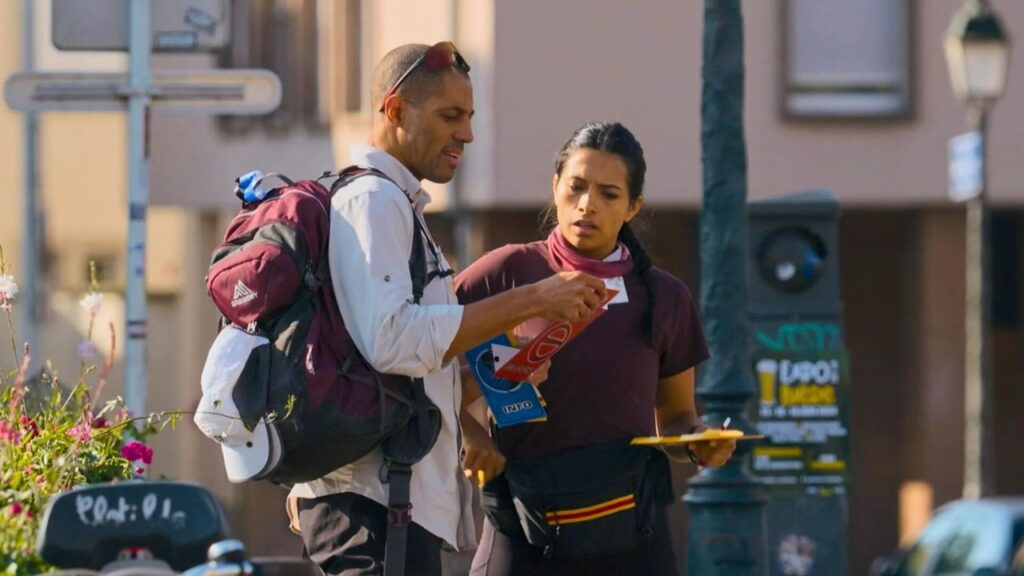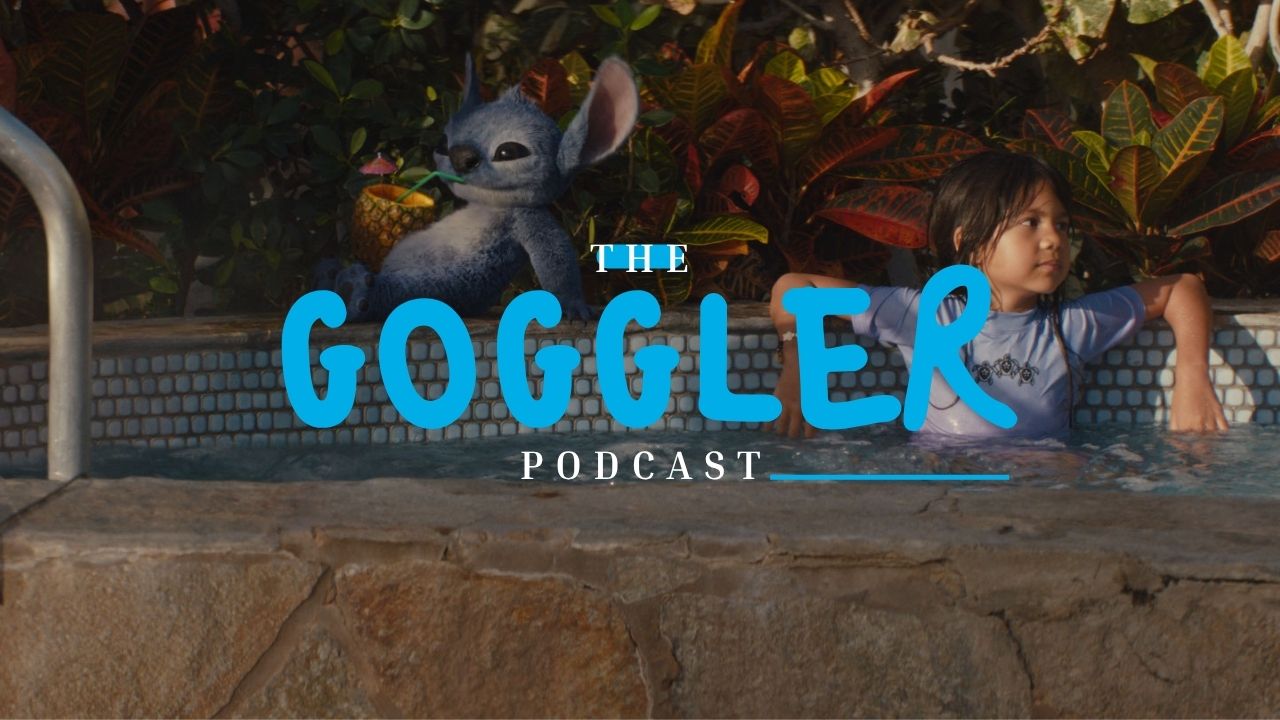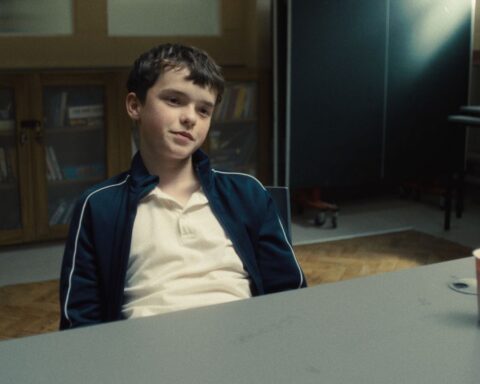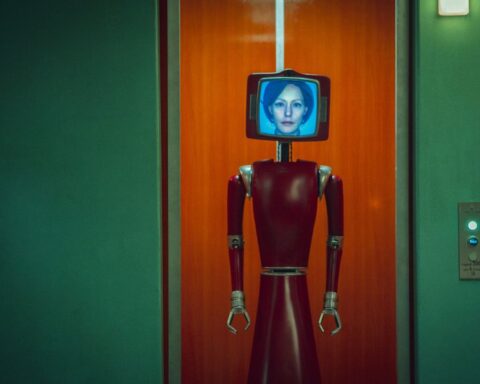The latest season of The Amazing Race 37 (TAR) was unusual. Every episode featured a twist, from the surprise return of non-elimination legs, to new challenges like the “Fork in the Road” and “Valet Roulette.” This season also sported the biggest cast ever, with 14 teams instead of the usual 11. Unfortunately, one racer, Jonathan Towns, dominated fan discussions for the worst reason: the toxic treatment of his race partner and wife, Ana.
On paper, Jonathan and Ana are a powerhouse team. They’re athletic, skilled, and driven to win. But Jonathan showed his true nature immediately in Leg 1. When he and Ana lost a small lead in Hong Kong, he rapidly spiraled. From there, you can trace the trail of hostility across Asia, the Middle East, and Europe, as Jonathan verbally abused, accused, blamed, minimised, and gaslit his wife in every episode.

In Portugal, Jonathan accused Ana of disrespect for stepping in front of him. In France, he called his wife a “terrible partner.” In Bali, he told her to “stop whining” when she expressed worries about the “U-Turn” vote. He then spent the entire leg lashing out because of a headache. He took out his anger by deliberately trashing a water bottle on the streets of Bali, which the camera crew caught and lingered on.
See, racers are prepped on proper etiquette before visiting each country, and this includes picking up after themselves while racing. Jonathan intentionally trashing the bottle in Bali was symbolically violent. It was a petty power play of his Western privilege to disrespect another country without consequences because of his bad mood. But hey, at least he trashed the bottle and not his wife – that time.
What’s scary is Jonathan’s behaviour seems status quo in his relationship with Ana. He openly abused her verbally knowing that millions of people worldwide, including friends and family, would be watching. The saddest part is that they have two young daughters who probably think this is normal masculine behaviour. Unsurprisingly, many fans called on TAR’s producers to censor Jonathan’s behaviour or post PSA warnings about domestic abuse during broadcasts.

As someone who researches Reality TV, in my professional opinion, The Amazing Race did the right thing by doing nothing. Reality TV traces its roots to cinema verité: set a camera down and capture events as they unfold. Unless a participant is physically endangered, don’t intervene. You wouldn’t expect a documentary to stop a lion killing a gazelle. Drama and conflict are the money shots that Reality TV thrives on. As Haymitch says in The Hunger Games, “They’ve got a show to put on. They need players with heat.”
Also, TAR is not couple’s therapy. It isn’t the production company’s responsibility to mediate or mitigate conflict. This is Reality TV, not Law and Order. Besides, say TAR ran a PSA for domestic abuse like fans want. But apropos to what, exactly? They’d need to highlight Jonathan’s behaviour for the message to be meaningful, and they can’t target him like that. The damage might be even worse. Reality TV contestants have committed suicide before for fear of audience reprisals.

Still, there’s hope. Season 37 had plenty of good men. Josiah constantly cheered his wife Alyssa and freely cried when she went skydiving. Fellow racer Jeff, who has the biggest biceps in TAR history, expressed how beautiful Josiah’s love was and reminisced about his relationship with his own wife. And the victors of Season 37, Carson and Jack, two self-proclaimed nerdy gay gamers, provide an unorthodox model of triumphant manhood.
The fact that multiple gay teams have won (Season 36’s winners were boyfriends) proves success in the race comes from more than muscles or smarts, or even the ability to drive stick. The best teams are those with true parity in their partnerships. In a world full of Jonathans, be a Josiah, Jeff, or Jack – men who uplift, support, and respect their partners despite overwhelming pressure.
Jonathan recently revealed that since the race, he’s been diagnosed with autism. He’s publicly apologised to Ana but the fandom’s divided, with many against forgiving him. Personally, although Jonathan’s diagnosis isn’t an excuse, it explains his behaviour. His willingness to be vulnerable and seek help is critical to self-improvement.
Years ago, Colin Guinn was famously explosive on TAR 5. When he returned for TAR 29, Colin was an infinitely better man. Colin’s change was largely catalysed by watching himself behave on TV. Now that they’re done racing around the world, Jonathan should get the same grace to grow as a better person.









Follow Us